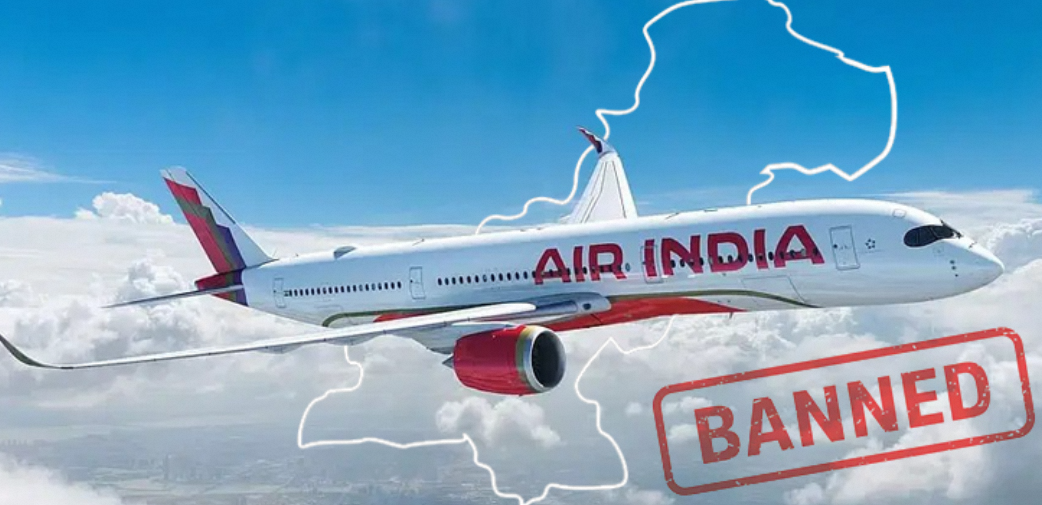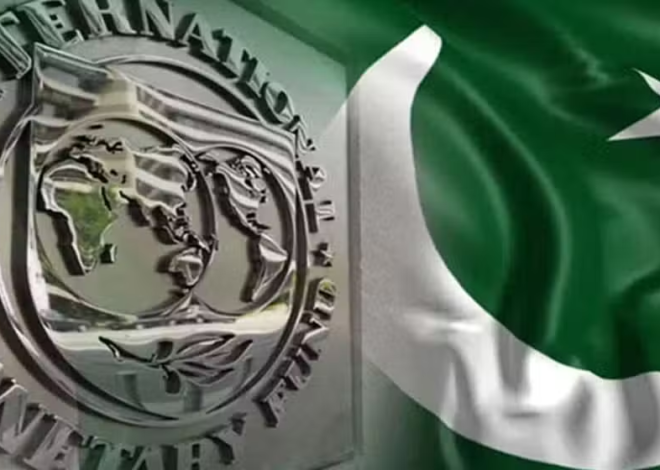
Pakistan Extends Airspace Ban for Indian Aircraft: Implications for Aviation Industry
The Pakistan Airports Authority has issued a fresh Notice to Airmen (NOTAM), extending the ban on Indian aircraft from using Pakistan’s airspace for yet another month. This latest directive, now effective until August 23, 2025, marks the fourth consecutive extension since the initial suspension began on April 23. The ongoing restrictions follow a spike in tensions between India and Pakistan, notably after the Pahalgam incident in Indian-occupied Kashmir (IOK).
The NOTAM clearly states that all Indian-registered aircraft—whether leased, chartered, civilian, or military—are barred from entering Pakistan’s airspace. This measure further tightens the operational constraints on Indian airlines, affecting both passenger and cargo flights.
Operational Impact on Indian Airlines
One of the immediate consequences for Indian carriers is the need to re-route flights that would typically traverse Pakistani airspace. These alternative, longer routes have resulted in substantially higher fuel consumption and extended travel times for both international and domestic flights originating from or passing through India.
Industry experts estimate that the financial toll of these adjustments has been severe, with losses topping ₹8.2 billion due to increased operational costs and manufacturing delays. Indian airlines have been forced to allocate more resources to fuel and crew management as flights grow longer and less efficient. The ripple effect is also felt in terms of ticket prices, as airlines attempt to offset their increased expenditures by passing some of the costs onto passengers.
Historical and Political Context
The roots of the current ban can be traced to a series of retaliatory measures and military actions that have taken place between India and Pakistan. The airspace closure was first enacted shortly after India put on hold the Indus Waters Treaty and initiated missile strikes as part of Operation Sindoor. In response, Pakistan launched Operation Bunyanum Marsoos, intensifying military tensions until a ceasefire was finally brokered through U.S. diplomatic efforts on May 10.
Despite the ceasefire, the status quo remains tense, and the airspace ban continues to serve as a strategic tool in the ongoing diplomatic standoff between the two nuclear-armed neighbors. The Pakistan Civil Aviation Authority has indicated that the restriction will stay in effect pending further review, highlighting the persistent volatility in India-Pakistan relations.
Broader Consequences for Regional Aviation
The ramifications of the extended airspace ban go beyond immediate operational and economic losses for Indian airlines. Analysts warn that prolonged restrictions may undermine Pakistan’s reliability as a regional air transit hub. International carriers often rely on the shortest and most economical flight paths, many of which pass over Pakistani territory. If bans and disruptions persist, global airlines might reconsider including Pakistan in their long-term route planning, potentially impacting the country’s aviation sector and international partnerships.
Such a scenario could deter investment in Pakistan’s civil aviation infrastructure and erode its competitive advantage in regional connectivity. Airlines and logistics firms alike prize predictability and stability, both of which are currently in question due to ongoing geopolitical tensions.
Political Statements and Future Outlook
In a related development, Federal Interior Minister Mohsin Naqvi addressed the issue of backdoor diplomacy with India, categorically denying any secret negotiations between the two countries. During an informal discussion with journalists, Naqvi emphasized the transparency of Pakistan’s foreign policy and reaffirmed the government’s principled stance on regional matters.
The continuous extension of the airspace ban, coupled with public statements from senior officials, underscores the ongoing strain in bilateral relations. As the situation evolves, stakeholders in the aviation industry, as well as international observers, are keeping a close watch on further developments that could impact travel, trade, and diplomatic engagements in South Asia.







